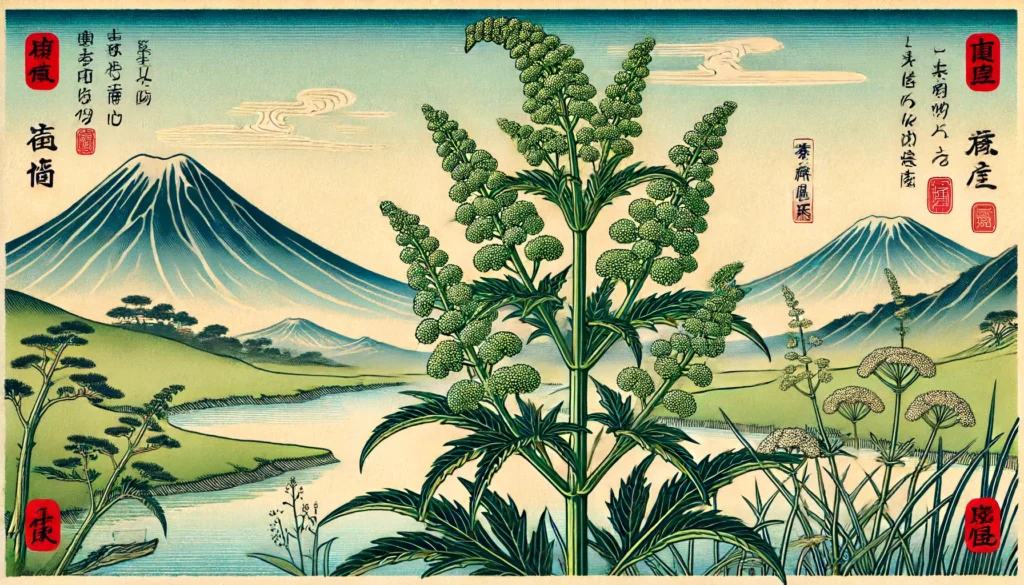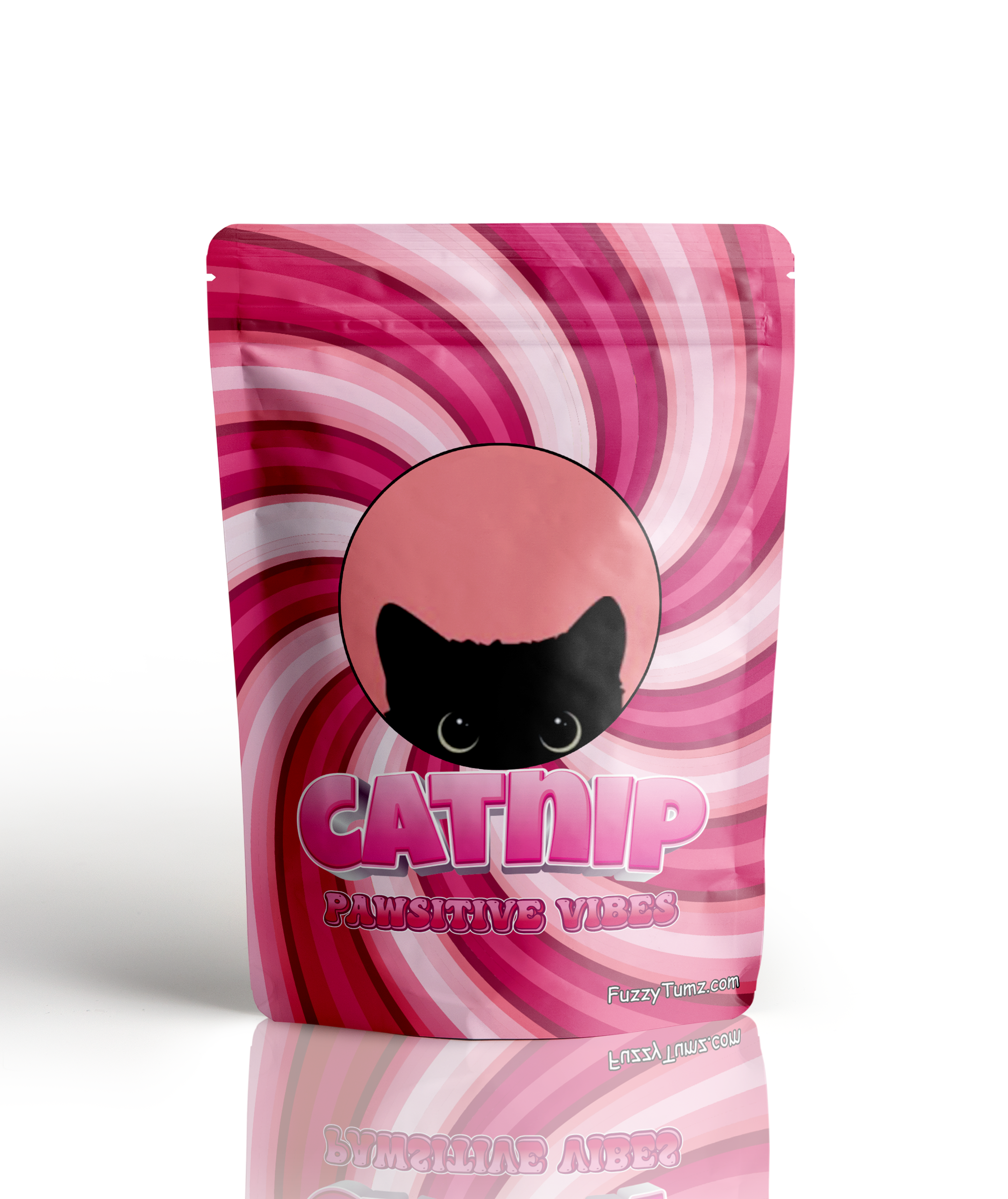Home » Cat Plants » Is the Ambrosia Mexicana Plant Harmful to Cats?

Ambrosia Mexicana, also known as Jerusalem Oak or Feather Geranium, is a Toxic toxic plant for cats. This plant contains sesquiterpene lactones, which can cause severe poisoning in felines.
Ambrosia Mexicana is commonly found in sandy washes, disturbed areas, and rock crevices in the deserts of northern Mexico, Arizona, and California
Ingestion may cause mild gastrointestinal upset, but is generally not life-threatening.
Ingestion can result in mild symptoms like vomiting, diarrhea, or drooling. Rarely fatal but may require veterinary care.
Eating these plants can lead to more pronounced symptoms like abdominal pain, lethargy, or difficulty breathing. Veterinary intervention may be necessary.
Ingesting even small amounts can cause severe symptoms like organ damage, seizures, or cardiac failure without rapid treatment.
All parts of these plants are extremely poisonous to cats and can quickly lead to death, even with immediate veterinary care.
** Please note: Please note that toxicity level can vary based on the amount ingested and the specific cat. It's always best to keep these plants completely inaccessible to cats and seek immediate veterinary care or call the poison hotline if you suspect your cat has ingested any part of a toxic plant.
If a cat ingests any part of the Ambrosia Mexicana plant, it may experience various symptoms due to the toxic sesquiterpene lactones.
Common symptoms include:
If you suspect your cat has ingested Ambrosia Mexicana, it is crucial to take them to a veterinarian immediately. The vet will likely perform the following steps to diagnose and treat the poisoning:
For more information on the diagnosis and treatment of Ambrosia Mexicana poisoning in cats, visit the ASPCA

A: Yes, cats can be allergic to Ambrosia Mexicana. Allergic reactions in cats may include symptoms such as itching, sneezing, and skin irritation.
A: Symptoms of Ambrosia Mexicana poisoning in cats can include vomiting, diarrhea, lethargy, and difficulty breathing. If you suspect your cat has ingested this plant, seek veterinary care immediately.
A: To prevent exposure, ensure Ambrosia Mexicana is not present in your home or garden. Keep your cat indoors or supervise outdoor activities to avoid contact with this plant.
A: If your cat has ingested Ambrosia Mexicana, contact your veterinarian immediately. Do not attempt to induce vomiting unless directed by a professional.
A: Ambrosia Mexicana, also known as Mexican Ragweed, is commonly found in gardens and wild areas. It is important to identify and remove this plant if you have cats.
A: Prolonged exposure or ingestion of Ambrosia Mexicana can potentially lead to long-term health issues in cats, including chronic respiratory problems and gastrointestinal distress.
Ambrosia Mexicana, a member of the Chenopodiaceae family, was formerly classified in the Ambrosia genus. This plant has been used by various Native American tribes for medicinal purposes.
The Seri people smoked its dried leaves and used the roots to make medicinal teas and pigments. However, despite its historical use, Ambrosia Mexicana is now recognized as a toxic plant for cats and other animals
Please note: The information shared in this post is for informational purposes only and should not be considered as veterinary medical advice.
